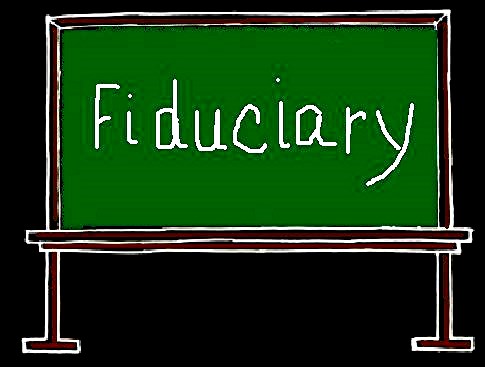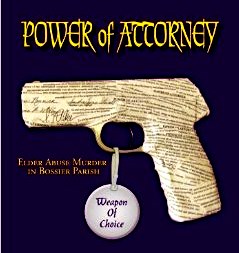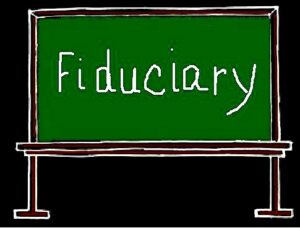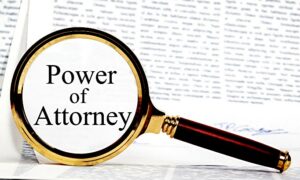
Attorney Using a Power of Attorney is a Fiduciary
As a fiduciary, an attorney for property is “ obliged to act only for the benefit of the donor, putting his/her own interests aside”. An attorney is prohibited from using the power of their own benefit, unless “ it is done with the full knowledge and consent of the donor” Richardson Estate v. Mew 2009 ONCA paragraphs 49 – 50.
Duties of an Attorney as a Fiduciary
In Zimmerman V. McMichael estate 2010 Onsc 2947 the various duties of an attorney as fiduciary are discussed, and include:
- A fiduciary is under a duty to account,
- A fiduciary has a duty not to co-mingle trust funds with the attorneys property, and to provide an accounting if they are co-mingled
- A fiduciary must not make a profit or to put him/ herself in a position where his/her interests and his/her duty conflict unless the trust instrument expressly so provides;
- As a fiduciary, an attorney for property is not entitled to exercise that power for his or her own benefit unless expressly authorized to do so, and;
- The fiduciary bears the onus of establishing that the management and disbursement of funds is consistent with the terms of the power of attorney




